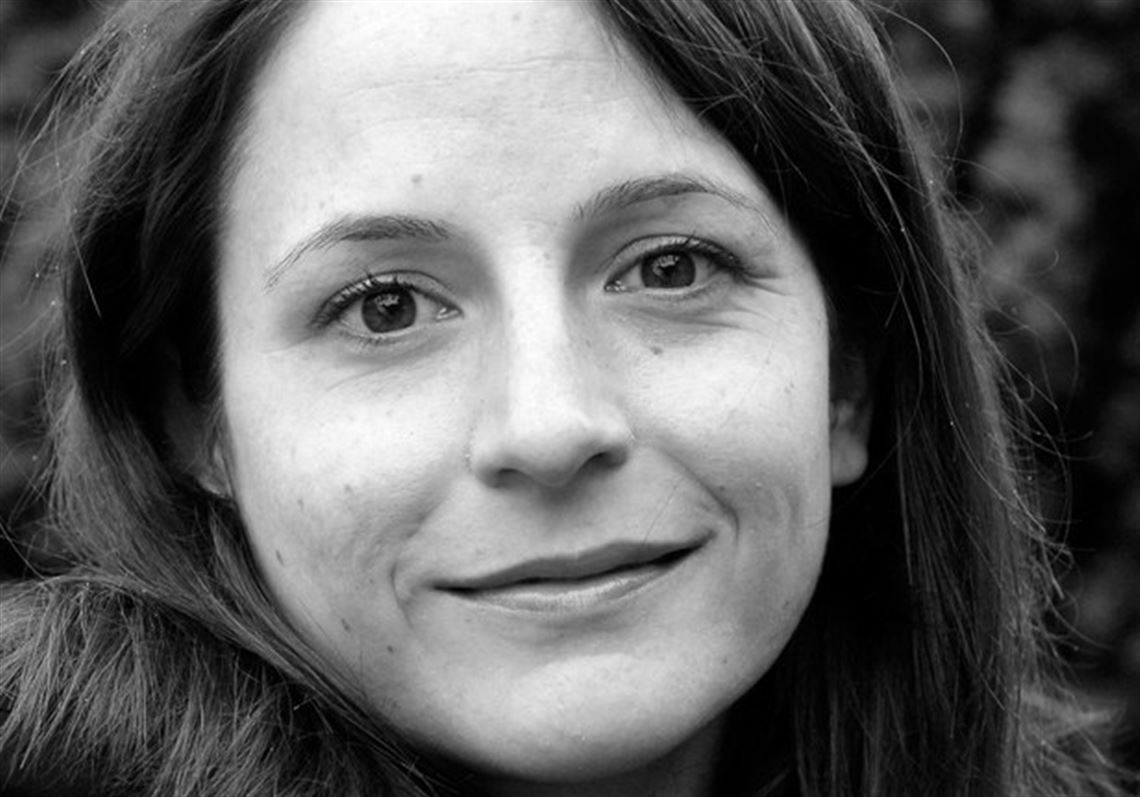If one can take for granted that the world, for all of the exploration and science humanity has heaped upon it, is full of mysteries, then it’s not too much of a stretch to acknowledge that one of its greatest puzzles is the sheer unknowability of other people. No matter the nature of a relationship — platonic, familial, romantic, etc. — each participant holds an interior life that will forever remain a riddle, whether due to reticence, the inability to verbalize, or secrecy.
Karen Russell, the author of 2011’s “Swamplandia!,” explores this mystery and its myriad forms in her new collection, “Orange World and Other Stories.” The eight stories in the book, while wildly disparate across narrators, settings and plots, share a fascination with the emotions that characters keep to themselves, to the detriment of everyone involved. Powerful and surreal, Russell’s works compassionately illustrate the ambiguity inherent in every relationship while realistically portraying the way that same ambiguity complicates everything it touches, often casting a dark cloud over its participants.
Knopf ($25.95).
One of the most complicated relationships, common the world over, is that of family. In “The Tornado Auction,” the retired farmer who narrates the story is a widower and mostly estranged from his three adult daughters. Resigned to his loneliness, he moves toward ending his life while ruminating on the painful nature of parenthood: “Guiltily, I began to dream of the day when I’d be alone, my shadow roaming the land, unhindered by the fear of hurting everybody.” This distance — meant to protect his daughters — only alienates him from them, leaving him to decide what he’s willing to sacrifice in order to reconnect with them.
While families are certainly complicated, there is no interior upheaval one can experience quite like that of a new relationship. The flush of a beginning relationship — whether platonic or romantic — is a time when people decide what to share about themselves while trusting what is being shared with them as well. When Angie, the narrator of “The Bad Graft,” embarks on a road trip to the Mojave Desert with her new boyfriend, she expects a romantic vacation only to find herself victim to a predatory spirit that wants to prevent her from leaving. Angie’s possession, her paramour’s quizzical reactions to it and their inability to discuss what’s changed between them exemplify that essential disconnect between interior lives.
What prevents the stories from becoming heavy handed in their thematic connection, however, is Russell’s use of the surreal and fantastic to craft stories that are wholly separate from one another, requiring readers to learn each individual tale’s use of magical realism. Haunted buildings cause friends to question their relationship; the appearance of a walking corpse in 1600s Croatia tears apart a surgeon’s family; a mummified woman serves as a teenage boy’s first love — these impossible settings elevate the relative mundanity of difficult relationships and turn them into something breathtaking and unforgettable.
The last story of the collection, the eponymous “Orange World,” may well be the best example of the author’s extraordinary ability to use the fantastic to encapsulate the painfully mundane. The new mother who narrates the story struggles with the universal experience of the burden of motherhood; in this case, the struggle takes the form of a literal demon who demands to share her breast milk with her newborn. After finding a small group of fellow mothers who have also been terrorized by the demon, a plan is made to deal with it. But much like the preceding stories, the narrative eschews a happy ending in favor of ambiguity — in much the same way that life gives each of us a multitude of stories that themselves may end ambiguously.
“Orange World and Other Stories” continues Russell’s fascination with the unknown variables that lie within every individual, as well as her flair for wildly inventive scene-setting, so abundant in “Swamplandia!” and used to mesmerizing effect in this collection. At once unnerving and beautiful, inspiring and inscrutable, each story invites introspection on the reader’s part. What do we keep to ourselves? Why do we keep it to ourselves? And — perhaps the most difficult question of all — what happens when we stop keeping our secrets and start sharing them?
Wendeline O. Wright is a member of the National Book Critics Circle (wendywright@gmail.com).
First Published: June 29, 2019, 2:00 p.m.














